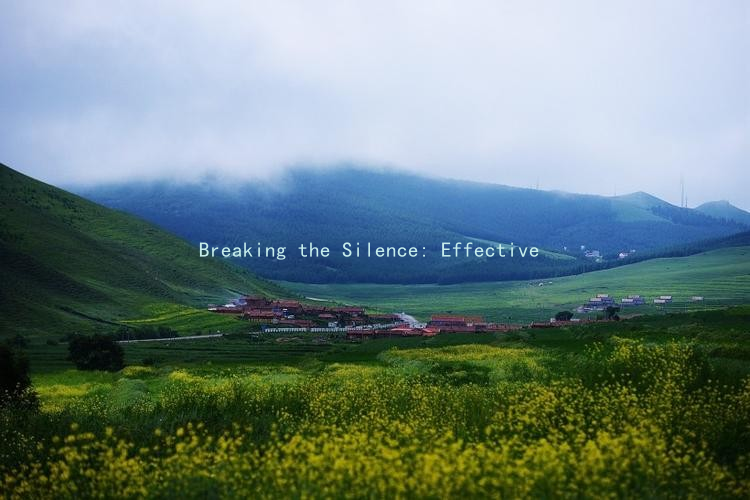The Role of Social Responsibility in Building Healthy Romantic Connections
The Role of Social Responsibility in Building Healthy Romantic Connections
In todays fast-paced world, where individualism often takes precedence, the significance of social responsibility in romantic relationships is often overlooked. However, fostering a sense of social responsibility can contribute immensely to building healthy and meaningful connections between partners. In this article, we will explore the crucial role of social responsibility in shaping romantic relationships and provide practical insights on incorporating this mindset into your love life.
At its core, social responsibility refers to the idea that individuals have an obligation to act for the benefit of society at large. When applied to romantic relationships, this principle encourages partners to consider not just their needs and desires, but also the wider impact of their actions on their partner, families, and communities. By embracing social responsibility, couples can create a deeper bond rooted in shared values and mutual respect.
One of the primary ways social responsibility enriches romantic connections is through effective communication. Open and honest dialogue is essential in any relationship, and incorporating discussions about social values can enhance understanding and empathy between partners. For example, discussing each person’s views on charitable giving, community engagement, or even environmental issues can reveal core values and foster a stronger emotional connection. When partners align on these fundamental beliefs, they develop a sense of purpose that transcends personal gratification.
Moreover, practicing social responsibility within a relationship can also enhance teamwork and collaboration. When couples engage in community service or social initiatives together, they not only contribute positively to society but also strengthen their partnership. Such activities provide opportunities for bonding while promoting shared experiences that can empower and unify them. Whether it’s volunteering at a local shelter, advocating for a cause, or simply supporting a friend in need, engaging in acts of kindness reinforces the idea that both partners are committed to something larger than themselves.

Additionally, social responsibility can serve as a powerful tool for conflict resolution. In moments of disagreement, recalling the values that brought a couple together can help redirect focus from personal grievances to collective goals. Instead of allowing minor disputes to escalate, partners can approach the resolution process with the understanding that they share a commitment to each other and the broader community. This perspective encourages compromise and fosters a spirit of collaboration, which is essential for long-term relationship success.
Incorporating social responsibility into romantic relationships also promotes emotional intelligence and personal growth. Being socially conscious often requires self-reflection and the willingness to challenge one’s beliefs and biases. As partners navigate these discussions, they cultivate a deeper understanding of themselves and each other. This continuous learning process can lead to increased empathy, improved communication skills, and a heightened appreciation for diversity—qualities that are not only beneficial in relationships but also essential for individuals striving to be better members of society.
However, it is important to note that embracing social responsibility does not mean neglecting individual needs. Healthy relationships require a balance between self-care and care for others. It’s essential for partners to communicate their needs and boundaries while advocating for shared social values. By doing so, they can create a nurturing environment that respects both personal aspirations and the collective good.
In conclusion, social responsibility plays a pivotal role in building healthy romantic connections. By fostering open communication, encouraging teamwork, facilitating conflict resolution, and promoting personal growth, couples can cultivate deeper and more meaningful relationships. As we move forward in a world that often prioritizes individual desires, embracing social responsibility may be the key to nurturing love that not only benefits the partners involved but also enriches the wider community. Ultimately, love rooted in social responsibility has the power to create a ripple effect, inspiring others to form strong, compassionate, and caring relationships.





